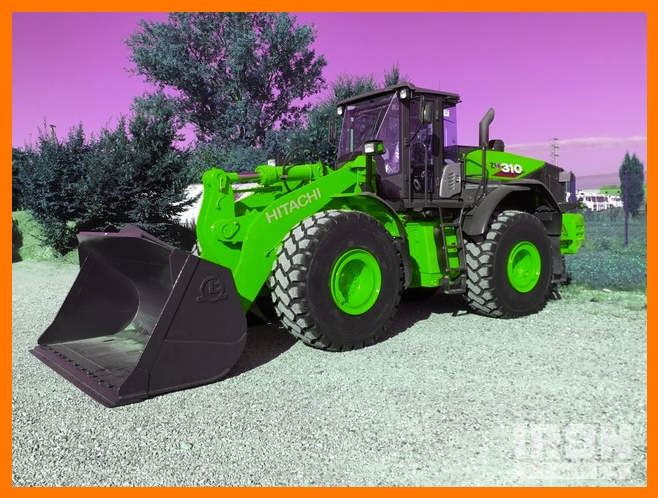Rent Heavy Equipment The Ultimate Guide to Getting the Job Done
Renting heavy equipment can be a game-changer for businesses, construction projects, and DIY enthusiasts. This guide will explore everything you need to know about renting heavy equipment, from the types of machines available to the benefits and key considerations.

Why Rent Heavy Equipment?
Renting heavy equipment offers numerous advantages:
- Cost-Effective: Avoid the high upfront costs of purchasing machinery.
- Flexibility: Rent the right equipment for specific jobs, ensuring you have the best tool for each task.
- Maintenance: Rental companies typically handle maintenance and repairs, saving you time and money.
- Storage: No need to worry about storing large machines when they’re not in use.
Types of Heavy Equipment Available for Rent
When it comes to heavy equipment, the options are vast. Here’s a list of some commonly rented machines:
- Excavators: Ideal for digging, demolition, and heavy lifting.
- Bulldozers: Perfect for pushing large quantities of material, like soil or rubble.
- Backhoe Loaders: Versatile machines for digging, trenching, and material handling.
- Cranes: Essential for lifting and moving heavy objects at construction sites.
- Forklifts: Great for moving and stacking materials in warehouses or on construction sites.
- Dump Trucks: Useful for transporting loose materials like sand, gravel, or demolition waste.
- Skid Steer Loaders: Compact and efficient for landscaping, construction, and agriculture.
Key Considerations When Renting Heavy Equipment
Before you rush to rent heavy equipment, consider the following points:
1. Assess Your Needs
Evaluate the scope of your project to determine what equipment you need. Ask yourself:
- What tasks will the equipment perform?
- What is the duration of the project?
- Are there any specific features required?
2. Research Rental Companies
Choose a reputable rental company. Look for:
- Customer reviews and ratings
- The range of equipment available
- Maintenance and support services
3. Understand the Rental Terms
Read the rental agreement carefully. Pay attention to:
- Rental duration and rates
- Insurance requirements
- Maintenance responsibilities
- Return policies
4. Inspect the Equipment
Before accepting the equipment, perform a thorough inspection. Check for:
- Any visible damage
- Proper functioning of all parts
- Safety features
Benefits of Renting
we offer top-notch heavy equipment rental services. Our commitment includes:
- Diverse Inventory: From excavators to cranes, we have it all.
- Competitive Pricing: Affordable rates tailored to your budget.
- Expert Support: Our team is ready to assist you with any queries or issues.
- Convenient Booking: Easy online reservation process.
Tips for a Smooth Rental Experience
Follow these tips to ensure a hassle-free rental experience:
- Book Early: Secure the equipment you need by booking in advance.
- Stay Informed: Keep up-to-date with the latest news and trends in heavy equipment.
- Safety First: Ensure all operators are trained and familiar with the equipment.
- Return On Time: Avoid additional charges by returning the equipment promptly.
“The right equipment can transform a project from daunting to doable. Renting gives you access to the tools you need without the financial burden of ownership.”
Renting heavy equipment is a smart choice for many projects, offering flexibility, cost savings, and access to a wide range of machinery. By following the tips and guidelines outlined in this article, you can make informed decisions and ensure your projects run smoothly.